
The fishing village sustained by community and crayfish
In Paternoster, life moves with the ebb and flow of the sea. Before the crack of dawn, local fishermen reel in the first catch of the day. Their weather-worn boats bob on the water, piled high with snoek and geelbek. The red and blue vessels are a stark contrast to the rows of whitewashed cottages lining the shore. This is one of the oldest fishing villages along the West Coast. For generations, local communities have depended on the trade, selling freshly-caught crayfish to tourists, or supplying the 60-year-old Paternoster Vissery.
But ever so slowly, Paternoster is developing. There’s been renewed interest in the sleepy village, resulting in a collision of modern lifestyles and age-old traditions. As luxury holiday homes appear on the beachfront, aged but steadfast institutions stand their ground. One of these is the Paternoster Hotel, built in 1863 from local limestone. Although it has a rich heritage, the hotel’s main attraction is its infamous Panty Bar, where an impressive collection of underwear serves as decor. Locals don’t take themselves too seriously – and visitors don’t have to either.
Those that prefer cuisine seasoned with the taste of global acclaim can head to Wolfgat. Earlier this year, the World Restaurant Awards named this the Restaurant of the Year. For a tiny establishment in an isolated town, it was an unexpected win. At every turn, Paternoster is a place of surprises and contradictions. But what never changes is the lingering salty air, the cacophony of seagulls hovering above fishermen as they sort their catch, and the sense of community. There’s a stillness here, a cocoon of calm amid a windswept landscape where all are welcome.
It’s a two-hour drive to get to Paternoster from Cape Town. Guiding the route up the coastline is the Cape Columbine Lighthouse. Dating back to 1936, it’s the last lighthouse in the country to be controlled by a lightkeeper. The unusual square tower is a reminder of the town’s history, characterised by rough waters and countless shipwrecks. It’s said that when these vessels ran aground, those that survived gave this place its name as they uttered The Lord’s Prayer in gratitude. Our Father. Pater Noster. Today, that spirit of endurance prevails in this enchanting fishing village.

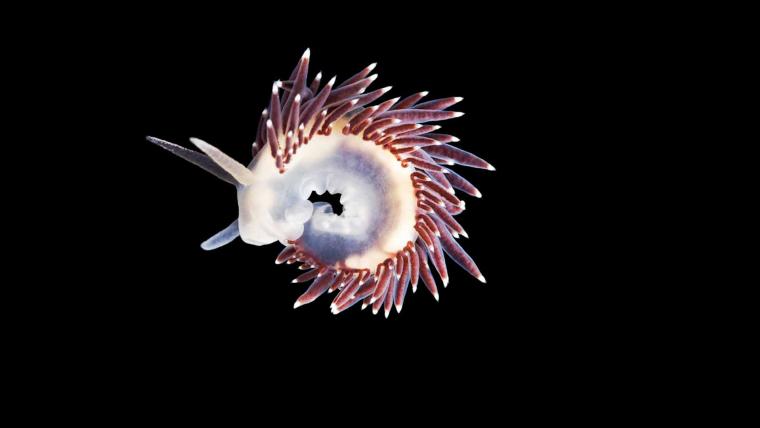
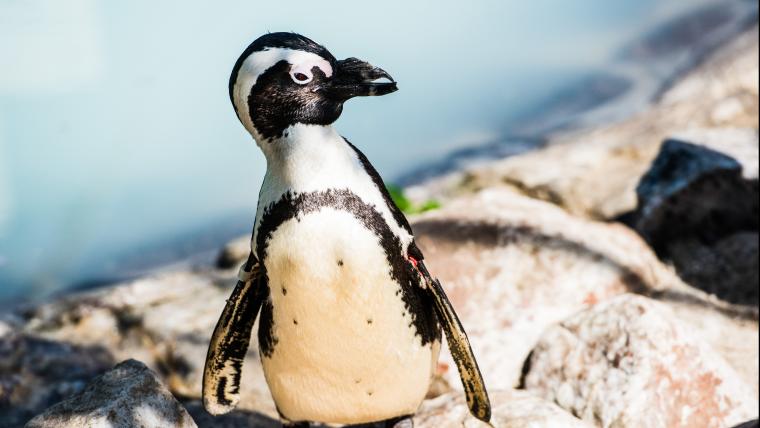



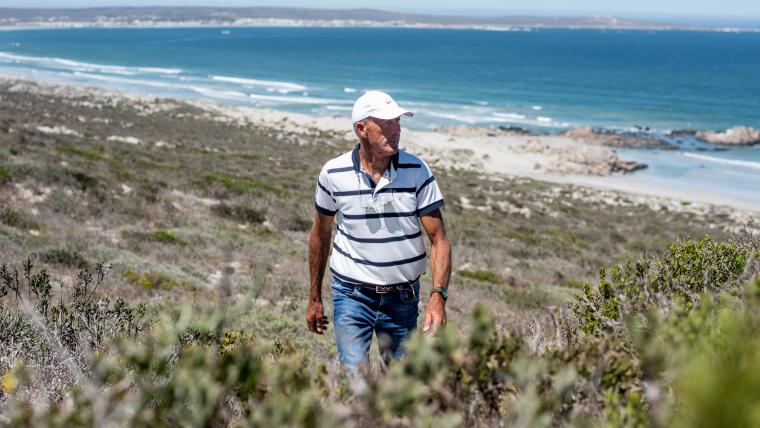

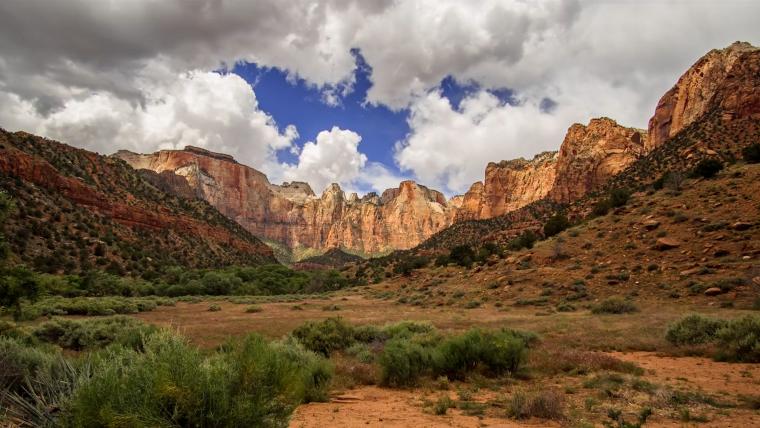
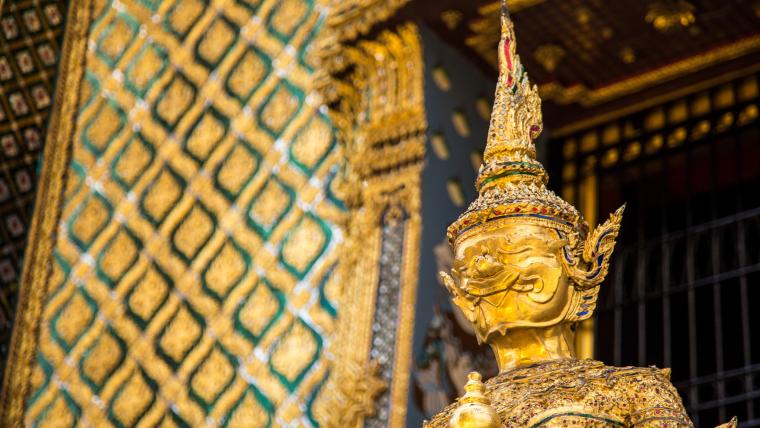




















Please sign in to leave a comment